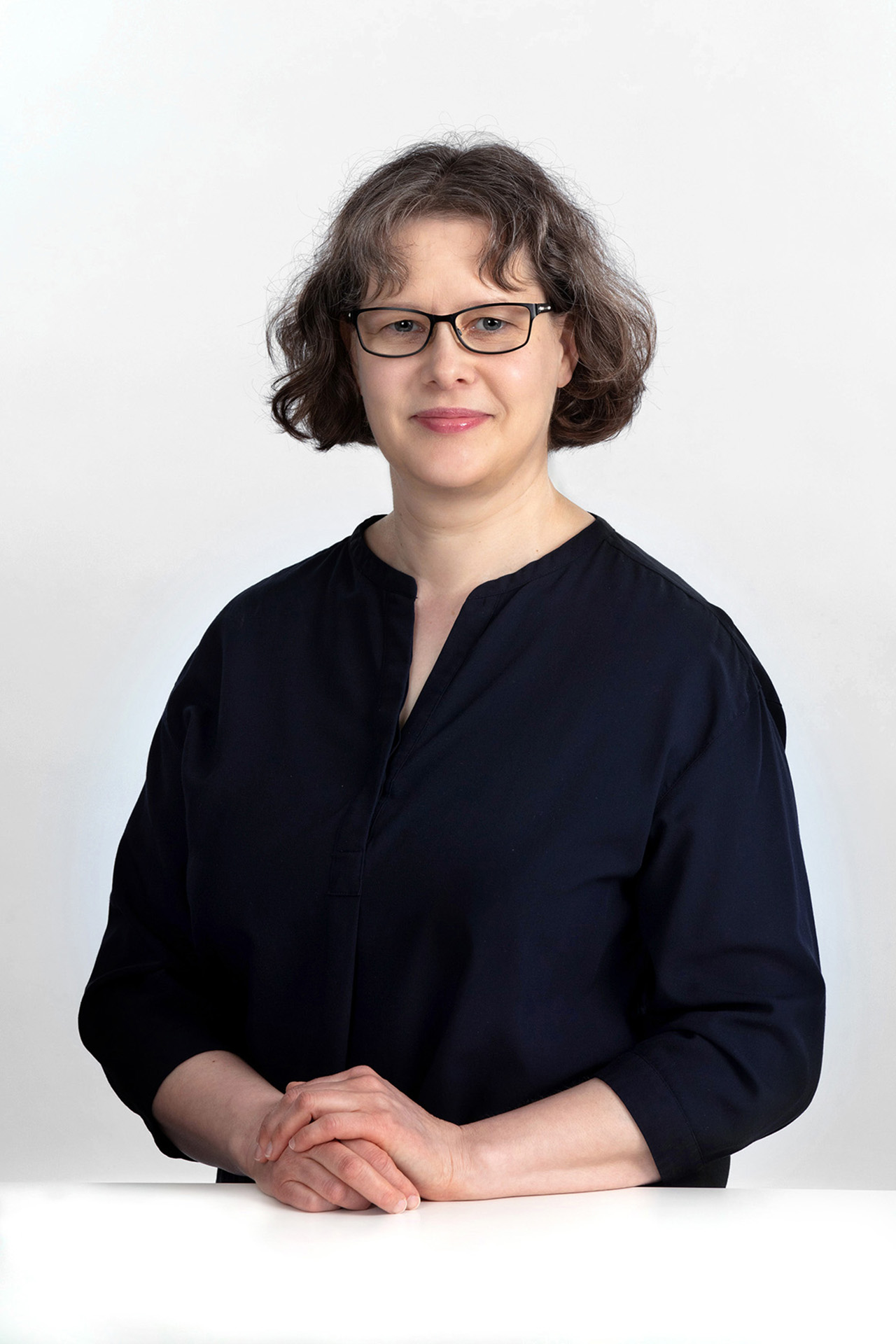IPR easily – EPC (part 7)

- Kaisa Suominen
- –
- News
- –
- 28.11.2023

The next part of our series IPR easily will introduce the European patent system and the processes therein.
European Patent Organisation
A European patent granting organisation, for which the European Patent Office EPO examines and grants a patent.
How does the EP-system work?
To obtain an EP-patent, the applicant files an application at the European patent office (EPO) and pays the required fees. The search examiner of the EPO carries out a novelty search, i.e. compares the invention to known solutions. The examiner then sends the applicant an extended European search report, i.e. a list of documents found, copies of said documents as well as comments on them. The comments relate to novelty and inventive step of the invention, and may also relate to other issues, such as clarity of the claims or the scope of protection when compared to the description.
Thereafter, the applicant replies to the comments by filing arguments and possibly amended claims, and by paying official fees if need be. An examining division considers the reply and amendments, and if they are not satisfied that the reply answers all questions raised, they issue an office action (called “communication”).
Once the examining division is convinced that the invention presented in the claims is patentable, and the application fulfils all the requirements of the European Patent Convention, the office gives a so-called allowing office action (Communication pursuant to Rule 71(3)), enclosing the application text in the form intended to grant. If the applicant accepts this form the communication is replied to by paying the grant fee and by filing a translation of the claims into the two other official languages of the EPO (which are English, French and German). Thereafter, the EPO grants the patent.
Within three months of the grant, the applicant must validate the patent in those countries where protection is wished to be maintained. Depending on the country, this means either paying only the renewal fees in the country in question, or additionally filing a local address, or still additionally filing a translation of the claims or of the whole patent into a national language of the country. After validation, the EP-patent is in the country in question considered as a national patent, i.e. for example invalidity or infringement proceedings are handled separately in each country.
Once the unitary patent system has come into force, the patentee can, within one month of grant, request registration of unitary effect. In this case the patent will, in the participating member states, be considered as a single patent (and not as a bundle of national patents).
An EP-patent can be requested by filing either an application directly at the EPO, claiming priority or not, or via the PCT-system. The latter is called a Euro-PCT-application, and it is mainly handled in the same manner as a direct EP-application. The due dates for some fees are different, and if the EPO has not been the PCT searching authority, the EPO will carry out a supplementary search.
Terms
EESR, Extended European Search Report: novelty search report accompanied by the opinion of the search examiner.
71(3): Communication under Rule 71(3), i.e. allowing office action.
Druckexemplar: the form of the application that the EPO intends to grant to patent.
Most common fees
Filing fee: to be paid when filing the application.
Search fee: to be paid when filing the application.
Claims fee: to be paid when filing the application, if the application has more than 15 claims. One fee/claim.
Examination fee: to be paid when replying to the EESR, or when filing a Euro-PCT-application.
Designation fee: to be paid when replying to the EESR, or when filing a Euro-PCT-application. A relic of the times when contracting states had to be separately designated in the application and pay a separate fee for each designation.
Fee for grant: to be paid when replying to the allowing office action.
Renewal fee: to be paid yearly on the last day of the month containing the filing date, from the moment the application turns two, until grant.

